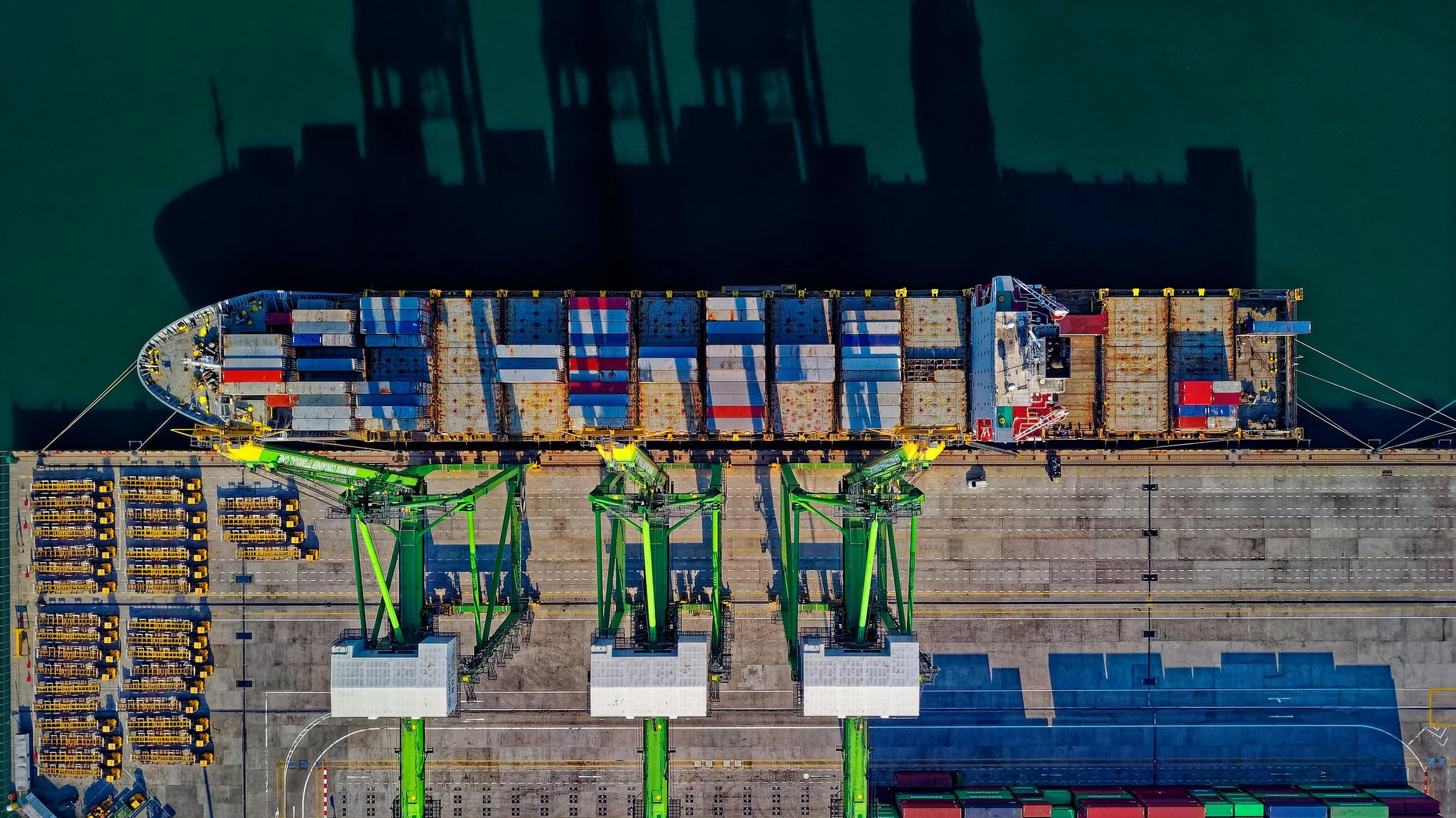November 2025
Publications
Adjournment of the IMO’s Net-Zero Framework – what does it mean?
The Second Extraordinary Session of the International Maritime Organization’s (IMO) Marine Environment Protection Committee (MEPC ES.2), which convened 14 to 17 October 2025, was expected to mark a pivotal moment in international climate governance: the adoption of the IMO’s Net-Zero Framework (NZF). Instead, the session concluded with a decision to adjourn negotiations for one year, following procedural manoeuvres led by Saudi Arabia.
While disappointing, the one-year adjournment presents an opportunity for countries to re-build support for the NZF’s adoption, including by clarifying foundational details that have been subject to limited discussion to date, such as the operationalisation of the IMO Net-Zero Fund and zero- and near-zero (ZNZ) definition and reward. Sustained cooperation at ISWG-GHG20 in the week following the MEPC ES.2 indicates broad recognition of the NZF’s value and an interest in shaping its implementation. Member States should continue this positive engagement over the course of interim intersessionals prior to the reconsideration of the NZF in 2026 (date to be agreed at MEPC 84 in April 2026).
Background
The IMO’s Net-Zero Framework was designed to operationalise its 2023 Greenhouse Gas (GHG) Strategy, establishing binding emissions limits, defining ZNZ fuels, and introducing a new revenue mechanism projected to generate between USD 10–15bn per year from 2028. Revenues were intended to flow into an IMO Net-Zero Fund to support decarbonisation and climate resilience, particularly in Small Island Developing States (SIDS) and Least Developed Countries (LDCs).
What’s covered in the briefing?
The briefing provides a concise analysis of the MEPC ES.2 outcome and outlines the implications for the IMO’s Net-Zero Framework. It covers:
Voting dynamics and procedural context: Clarifying the MEPC’s rules and why all Member States were entitled to vote on adjournment, while only Annex VI Parties could vote on adoption.
Consequences for ambition and implementation: What the deferral means for achieving 1.5 °C-aligned emissions reductions and maintaining the integrity of the Framework.
Timeline implications: How the delay affects the NZF’s intended 2027 entry into force and the associated workstreams.
Next steps: Opportunities for progress ahead of MEPC’s reconsideration of the NZF in 2026, including advancing work on the draft guidelines, designing an equitable revenue distribution and fund governance framework.
Why it matters
The adjournment of the IMO’s Net-Zero Framework does not mark the end of the process. The Framework remains very much on the table, and the period before its reconsideration presents an opportunity for constructive engagement to enhance clarity, strengthen ambition, and embed equity in the global maritime transition.
By maintaining momentum, Member States and stakeholders can ensure that when the IMO reconvenes, the NZF delivers both effective emissions reductions and fair outcomes for those most affected by climate change.

